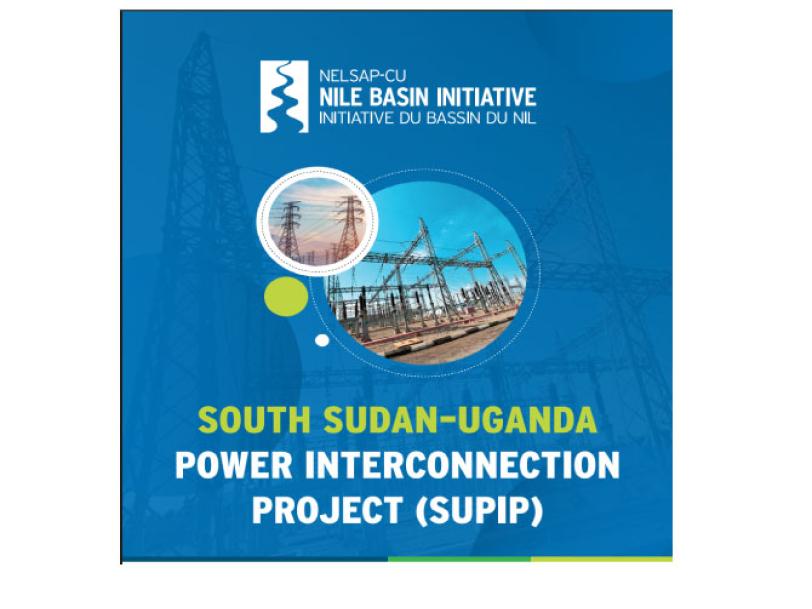
The South Sudan–Uganda Power Interconnection Project (SUPIP) is a transformative regional energy infrastructure initiative being implemented by the governments of South Sudan and Uganda, with coordination by the Nile Equatorial Lakes Subsidiary Action Program Coordination Unit (NELSAP-CU) a subsidiary arm of the Nile Basin Initiative (NBI). The project is jointly financed by the African Development Fund (ADF), the European Union (EU), and participating governments, under the guidance of the African Development Bank (AfDB).
SUPIP seeks to connect South Sudan to the Eastern Africa Power Pool (EAPP) and enable it to import affordable, reliable electricity from Uganda. By doing so, it aims to address South Sudan’s severe power deficit, reduce dependence on diesel generators, and promote regional energy trade, peace, and economic integration.
Project Objectives
- Enable cross-border transmission of clean and affordable power from Uganda to South Sudan.
- Improve electricity access and quality in Juba, Nimule, and surrounding areas.
- Facilitate regional economic integration and trade in energy through the EAPP.
- Support environmental goals by reducing GHG emissions through replacement of fossil-fuel-based energy sources.
Key Technical Components
SUPIP comprises the construction of a 300.5 Km 400kV double-circuit transmission line149 km in South Sudan (Gumbo to Nimule) and 151.5 km in Uganda (Nimule to Olwiyo). The line is designed to carry up to 1,000 MW of power and will serve as a backbone for future regional electricity exchanges.
The project also includes:
- Construction of two new 400/220/132/33kV substations at Gumbo (South Sudan) and 400/132/33kv at Bibia (Uganda), with the upgrade of the existing Olwiyo substation to 400kV.
- Installation of 100 km of 33kV medium-voltage and 400 km of low-voltage distribution lines in Nimule, designed to facilitate last-mile connections to at least 1,000 homes, businesses, schools, and clinics.
- Deployment of Optical Ground Wire (OPGW) along the transmission route to provide reliable, high-speed internet, fostering digital inclusion and lowering connectivity costs in South Sudan.
Institutional and Capacity Building
The project also invests in institutional strengthening, including:
- Joint Operations and Maintenance Agreements (JOMA) between UETCL and SSEC.
- Tariff reform and cost-of-service studies to ensure affordable and sustainable pricing.
Capacity-building support for grid operations, maintenance, and planning teams in both countries.
Impact on Local Communities: Quantified Benefits
- The SUPIP will positively impact over 590,000 people across Juba, Nimule, and the surrounding areas. Key anticipated benefits include:
- Energy affordability: South Sudan, a reduction in electricity costs by over 75%, from USD 0.40/kWh (diesel) to USD 0.09/kWh (imported power).
- Social infrastructure: Over 100 schools and over 50 health centers in Juba and along the transmission line routes will benefit from stable electricity, improving service delivery.
- Economic opportunity: Over 1,000 jobs are expected during construction, with 200+ permanent jobs post-completion. Youth and women-led SMEs will gain access to electricity and digital tools.
- Environmental impact: Estimated annual emissions reduction of over 250,000 tons of CO₂ through transition to hydropower.